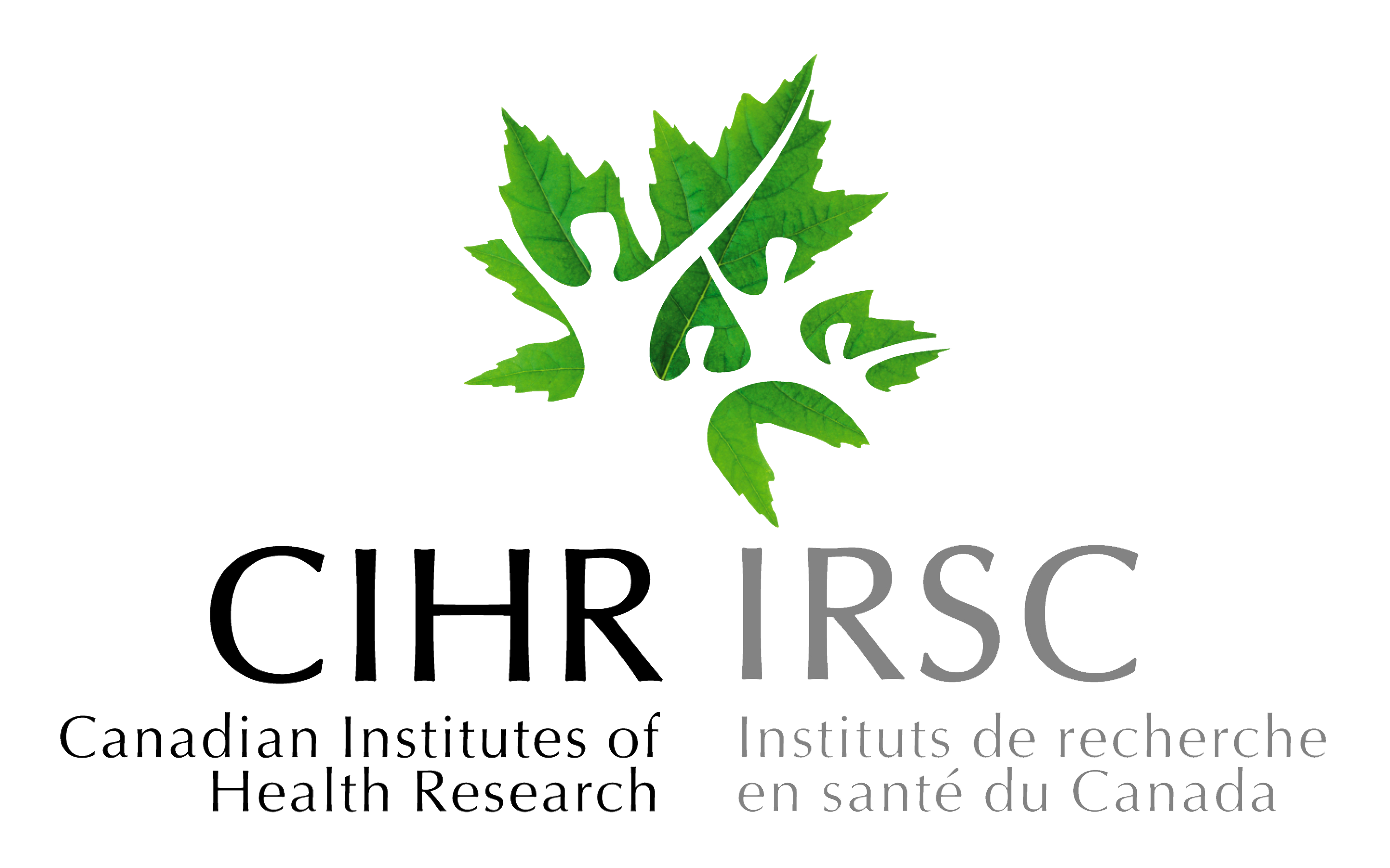- CRISM Prairies is pleased to present the CRISM Addiction Rounds program. The program and webinars may be accessed via our Resources table or directly here.
- Join us Mar 18 2026 for Dr. Kay Rittenbach presenting on System Dynamic Modeling in Opioids
- The 2018 National Opioid Use Disorder Guidelines have been updated
- Information on the 2024 update can be found here.
- NEW Clinical Trial: ASCME: Addition of high-dose Stimulant and engagement-focused Contingency management, alone and in combination, to treatment as usual for the management of MEthamphetamine use disorder
- CRISM Phase II & III details
- The Research Development Grant program is offering six $10,000 grants this year, with review taking place 3 times per year.
- View the first 40 projects funded under this program.
- We will be offering six $2,000 Knowledge Translation grants as well on a first-come first-served basis.
- Be sure to visit our publications page where we host 100s of publications from Node members, available here.
Please view the Newsletters and Bulletins for more information.
What is CRISM?
CRISM is the Canadian Research Initiative in Substance Matters.
Funded by the Canadian Institutes of Health Research (CIHR), CRISM (previously known as the Canadian Research Initiative in Substance Misuse), is a national network of researchers, service providers, policy makers and people with lived experience. CRISM ’s overall objective is to translate evidence-based interventions for problematic substance use into clinical practice, community-based prevention, harm reduction, and health system changes. Our intent is to support the creation of more effective, personal, and adoptable intervention programs and services. The National CRISM website may be found at: www.crism.ca
What is the CRISM Prairie Node?
Alberta, Saskatchewan, and Manitoba have excellent researchers investigating substance use/addiction interventions (including prevention, harm reduction and specialty-based addiction treatment) delivered in the clinic, the community, and in academic research settings. Each Province funds treatment and prevention of substance use/addiction and has developed strategic plans through their respective Ministries of Health and Regional Health Authorities. But to date, these assets have operated either in isolation, or as part of small provincial teams.
Become A Member
Interested researchers, service providers, and decision-makers in Alberta, Saskatchewan, Manitoba, and the 3 Territories are invited to become members of the CRISM Prairie Node. Members will have access to CRISM resources and support, and we anticipate that Members will become more or less active in the Node depending on opportunities and interests. If you would like to become affiliated with the CRISM Prairie Node, please access the online survey link below. It takes no more than 10 minutes to complete the questions. The survey asks about you and your interests, and by completing it, you will help us tailor regional Node activities to your interests. The information we collect will be used for planning purposes, will be stored securely in a password-protected network, and will be used to develop a Node member database.
Funded by the Canadian Institutes of Health Research
Supported by
What’s New?
Events/News/Meetings
- If you missed our webinar on treating Opioid Use Disorder (OUD) in psychosocial settings you can find the webinar and other resources here.
- CRISM has released a new website on Supervised Consumption Services in Canada. Find out more here!
- Many upcoming conferences have moved to a Virtual Platform…view upcoming conferences here
- CRISM Prairies has added a page on substance use guidelines to our website. We are delighted to host the Management of Substance Use in Acute Care Settings in Alberta: Guidance Document
- CRISM member Dr. Ginette Poulin discusses cannabis edibles in this Global News Segment
- CRISM releases a report and infographic on experiences of PWLLE working on the front line. Access them here!
- New Training Opportunity: The BCCSU Addiction Medicine Fellowship program is now accepting applications. Access the site here!
- Looking for information on Cannabis or Opioids? Check out our new pages and fact sheets
- Prairie Node has developed interactive dashboards for you to learn more about our membership
Publications
- Please refer to our page: Publications by CRISM Prairie Node members
- NEW PUBLICATIONS
- OPTIMA Trial publications. Access them here!
- Expanding supervised consumption services in rural Canada: Bridging gaps.
- Differences in overdose rates by gender at supervised consumption services: an explanatory sequential mixed methods study.
- Addressing Gambling Harm to affected others: A scoping review (part II: Coping, assessment and treatment).
- Addressing gambling harm to affected others: A scoping review (Part I: Prevalence, socio-demographic profiles, gambling profiles, and harm).
- Including Families in a Response to the Unregulated Toxic Drug Crisis: A Call to Action.
- Characteristics of supervised injection site clients and factors associated with requiring overdose intervention, Montreal, Canada, 2018-2022.
- Implementation of harm reduction services for people who use drugs provided by pharmacy staff: a scoping review protocol.
- Experiences of Healthcare Professionals Working in Injectable Opioid Agonist Treatment Programs: A Qualitative Thematic Analysis.
- How Do We Move the Needle on Needle Debris? A Qualitative Interview Study With Reflexive Thematic Analysis, From SANDS (Strategies for Addressing Needle Debris Study).
- Updated Lower-Risk Cannabis Use Guidelines
Research Studies
- ASCME: Addition of high-dose Stimulant and engagement-focused Contingency management, alone and in combination, to treatment as usual for the management of MEthamphetamine use disorder
- The CRISM OPTIMA trial has finished. Thank you to everyone who contributed to making this study a success!
- Click on the link to be taken to our Conferences/Meetings page
Elsewhere
Feature Items
- RxFiles is a Canadian drug information resource that produces evidence-based booklets on a wide range of health issues, including substance use. Access RxFiles materials here.
- AHS Announces Practice Standards for Addiction Counselors
- CCSA: Summary of Provincial and Territorial Cannabis Regulations
Videos/Podcasts
- Video Series – #SeeTheLives
- Crackdown – a new podcast series about the drug war
- Check Out The Powerful Documentary Painkiller






